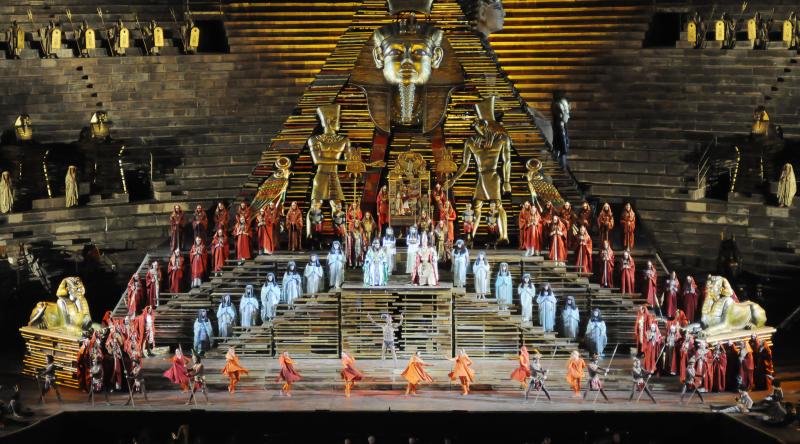Italian opera singing took its place on the UNESCO Intangible Cultural Heritage of Humanity list earlier this week, just as Milan’s renowned Teatro alla Scala kicked off its new season with a star-studded premiere of Giuseppe Verdi’s Don Carlo.
Opera singing joins several other Italian phenomena on the list, including pizza making, truffle hunting, shoulder-borne processional structure and Sicilian puppet theater.
The bid for recognition was submitted in March 2022 by Italy’s UNESCO commission.
In announcing the inscription, UNESCO — the cultural arm of the United Nations — described opera as a practice that promotes “collective cohesion and sociocultural memory, and is closely linked with other cultural elements, such as acoustic places and poetry. It is also dependent on other professions such as stage and light design, costume tailoring, scenography and makeup. A means of free expression and intergenerational dialogue, its cultural value is recognized at national and international levels.”
Jacopo Peri’s Dafne, a tale of Apollo falling in love with the titular nymph, is widely considered the first opera, and was performed in 1598 before the Medici court at Palazzo Corsi in Florence (today known as Palazzo Tornabuoni).
Tourism Minister Daniela Santanchè said in a statement that the UNESCO recognition of opera would “strengthen the ‘Italy’ brand internationally” and thanked those who made it possible.
Beatrice Venezi, music advisor to the Ministry of Culture and Principal Conductor of the Orchestra Milano Classica, joined the enthusiastic chorus of commenters, expressing hope that the announcement would be “a solicitation to the artistic directors and superintendents of our theaters [for] ever greater support and valorization of our national artistic fabric, which by its DNA is the custodian of this know-how that all the world envies.”













